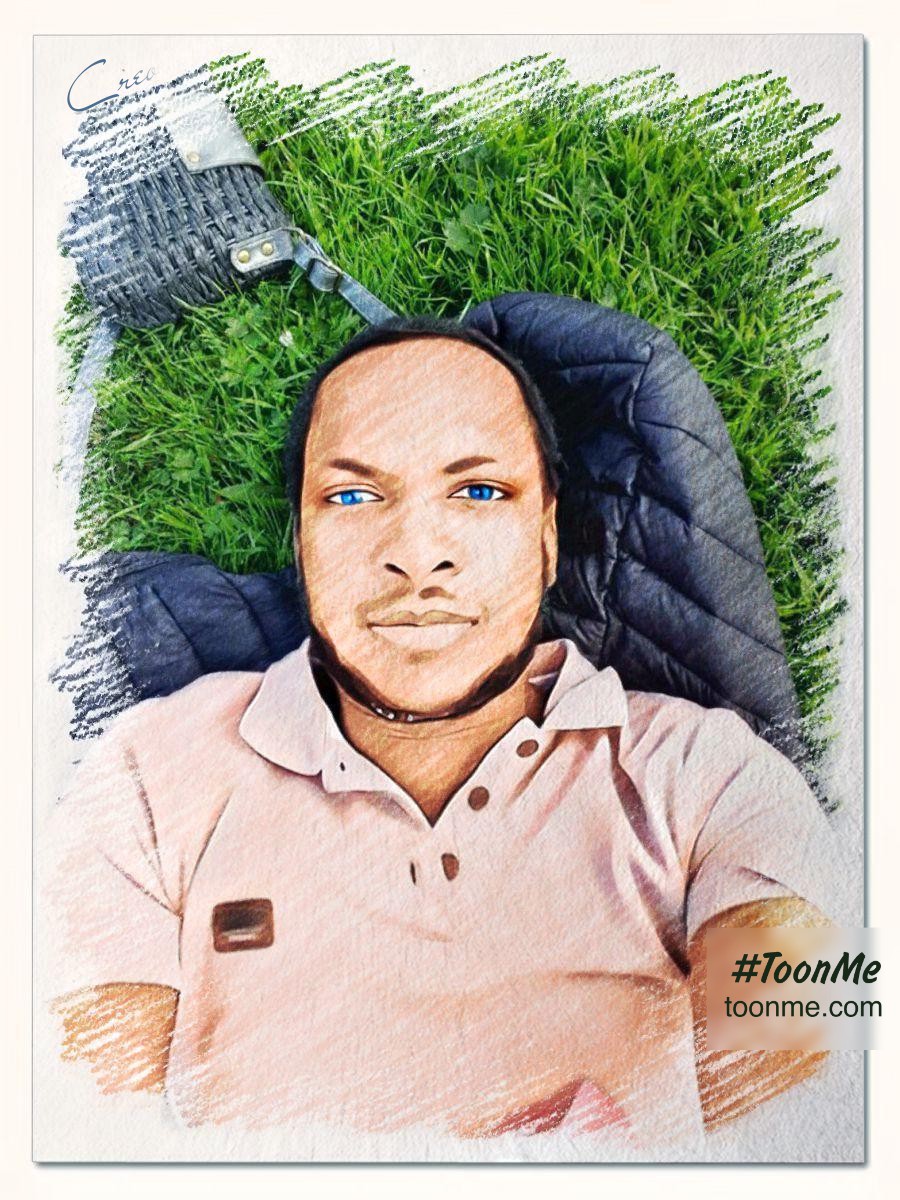Change
- lloydmufema

- Nov 29, 2020
- 3 min read
“The measure of intelligence is the ability to change” -Albert Einstein; “To improve is to change; to be perfect is to change often.” -Winston Churchill.
I chose to write about change not because I have mastered it but rather, because I want to be better at it. Someone once said "change is the only constant in life". That is to say, it is as certain as the rising of the sun that at some point in life, things will change whether we like it or not. Yet even with this certainty, change is one of the things we dread the most. Everyone would want their lives to change for the better yet we are often fearful of taking the steps which are necessary for that change to manifest.
The importance of change
Change is part of development. Once change stops, we are as good as dead that is if we are not dead literally. There is inevitable change that comes as part of growing up and there is also deliberate change that we make out of choice based on our goals and circumstances in life and my focus is on the latter. I have no doubt that everyone wants progress, we want our personal lives, careers and other aspects of life to develop. The bad news is that any such development can only happen in the context of change. We are always faced with a dilemma of staying within our comfort zones or risking it by venturing into the unknown in pursuit of something better. I will discuss three impediments to change that we need to overcome.
Fear of failure What if things don't turn out as planned. If you have something already going on, why risk and try something new? What if it doesn't work out? If one tries to reason, this fear is valid. But, I like a quote by Nelson Mandela which says "I never lose. I either win or learn." Despite the fear of failure, the motivating factor should be that if I try and things work out well, then I will be in a better position than I am in currently. If I fail, at least I will have learnt valuable life lessons that I would never have learnt had I not tried. Therefore in the bigger scheme of things, making changes in life is still worthwhile whether the outcome is as expected or otherwise. Many successful people once failed in life and from reading their biographies, one will understand that the lessons from their failures often became stepping stones to their ultimate success.
Fear of getting out of one's comfort zone We all have our comfort zones. It could be careers, lifestyles or way of doing things. It is less risky and it also usually takes less effort to keep going on that path. The path (e.g. a relationship) might be taking us to a dead end or not exactly taking us where we aspire to be but many would rather sit and mourn than to act. The easy choice of remaining within our comfort zones can however only take us so far. At some point in time, growth or progress will require us to get out of our comfort zones and take the unchartered paths. When that time comes, be ready to take up the challenge.
Procrastination There are times when we know that we are supposed to make changes in life but we make excuses for not making those changes now. This could be due to the reasons mentioned above or just from believing that there is no rush. The best time to make a change is when you realise that you need to make the change and the next best time is now. The more you delay it, the more you will feel more secure in that comfort zone and the harder it will be to get out. In such cases, one day when you look back, you will regret why you didn't make the change earlier.
Choose to be proactive Ultimately, everyone is faced with two choices. The first one is to assess the status quo against where you want to be and make the necessary changes that will take you there. The second option is to wait until certain things happen in your life that will leave you with no choice but to change course. The latter change is reactionary and due to it being involuntary, it is often painful.
Someone recommended to me the book Who Moved My Cheese by Spencer Johnson which deals with change and I would recommend it too. It's a quick read (32 pages). You can get a PDF and audio version on the Internet.

Comments